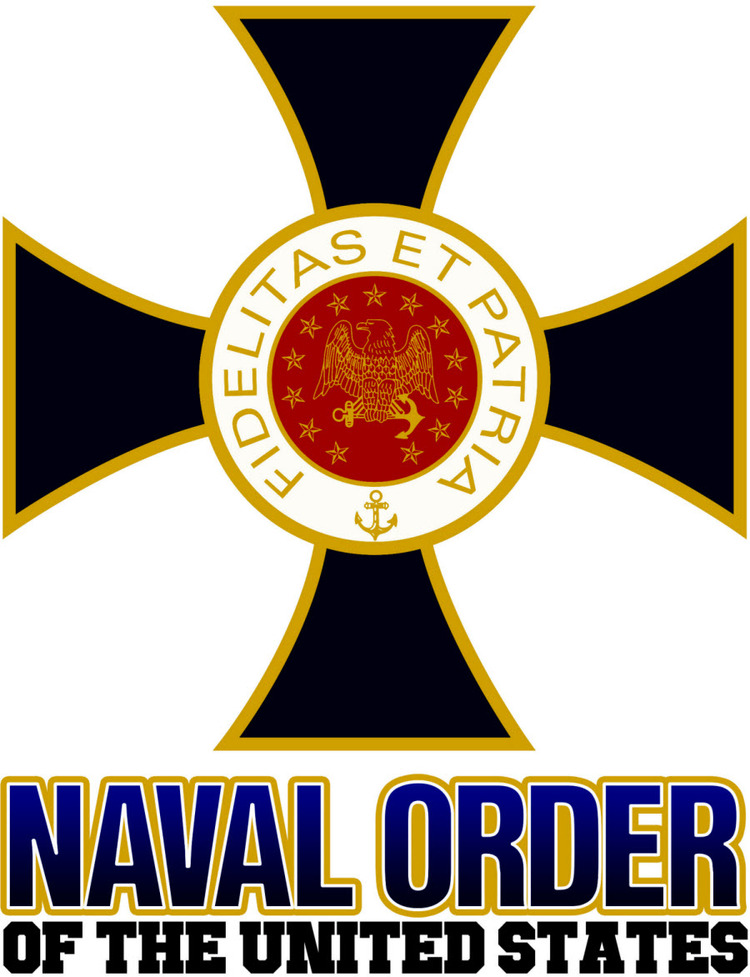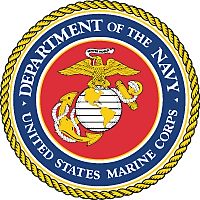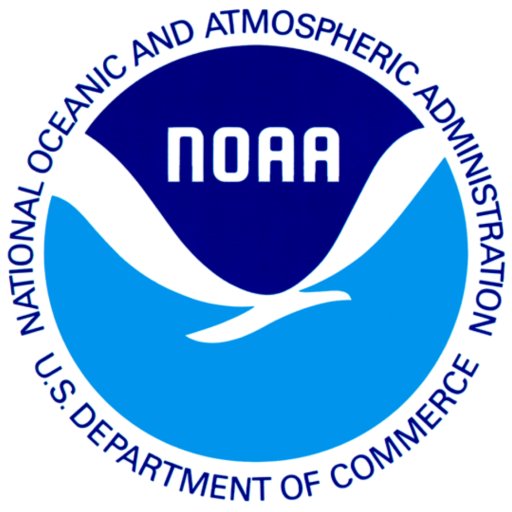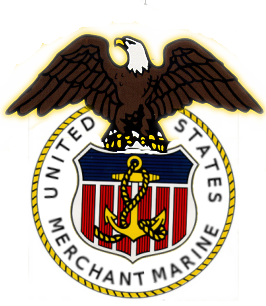CAPT Don Walsh, USN (Ret.), PhD
The Naval Order of the United States is proud to announce the recipient of the 2023 Admiral of the Navy George Dewey Awardee is CAPT Don Walsh, USN (Ret.), PhD.
Born in Berkeley, California, Don Walsh grew up in the San Francisco Bay area. He joined the U,S, Navy in 1948 at the U.S. Naval Air Station Oakland in 1948. He served as an aircrewman in torpedo bombers until he entered the Naval Academy in 1950. He followed up his academy years with two years in the Amphibious Forces. He enrolled in submarine school in 1956 and served in the submarines Rasher (SSR-269), Sea Fox (SS-402), and Bugara (SS-331). He eventually commanded Bashaw (SSKS 241). Following Bashaw, LT Walsh commanded the Navy’s Bathyscaphe Trieste from 1959-1962. Designated USN Deep Submersible Pilot #1, then LT Walsh was the first submersible pilot in the US, and the first officer-in-charge of the Trieste at the Navy Electronics Laboratory in San Diego.
Lieutenant Don Walsh made history in January 1960 when he and Swiss oceanographer Jacques Piccard dove the Trieste to the deepest place in the world’s oceans, the Mariana Trench: 35,840 feet. Known as the “Challenger Deep” he and Piccard were the first people to travel to the furthest depths of the oceans. In March 2012, James Cameron piloted his Deepsea Challenger to the same place but slightly short of Trieste’s record depth. For this achievement, Lieutenant Walsh received the Legion of Merit from President Eisenhower at the White House.
LT Don Walsh in 1960
Promoted to commander, CAPT Walsh went on to serve as Special Assistant (Submarines) to the Assistant Secretary of the Navy for Research and Development, and later as Deputy Director of Navy Laboratories. His 24-year naval career included service in both the Korean and Vietnam wars. During this period, CAPT Walsh pursued a PhD in oceanography from Texas A&M University, focusing on remote sensing, and in l969 earned an MA in political science from San Diego State University, where his research was on law-of-the-sea issues.
In 1975, CAPT Walsh retired from the U.S. Navy to be a professor of ocean engineering at the University of Southern California; he was the founding director of the Institute for Marine and Coastal Studies. He then founded the Oregon-based consulting company, International Maritime Inc., and he continues to run that business today. Since 1959 CAPT Walsh has participated in diving operations with more than two dozen manned submersibles, piloting seven of them, and has participated in more than 50 polar expeditions. CAPT Walsh dove in Russian Mir submersibles to the Mid-Atlantic Ridge near the Azores, to the wreck of RMS Titanic, and to the WWII German battleship Bismarck. He has been active in the design, manufacture, and operation of manned and unmanned submersibles.
CAPT Walsh’s wealth of experience and expertise in the field has led numerous institutions to seek his counsel. Just some of the committees he has served include the National Advisory Committee on Oceans and Atmosphere (NACOA), the National Academy of Sciences’ National Research Council, and the U.S. Department of State’s Citizens Advisory Committee on Law of the Sea.
In recognition of his four decades of work in the design, construction and operation of undersea vehicles, Captain Walsh was elected to the National Academy of Engineering, and the Explorers Club has awarded him their Lowell Thomas Medal and Explorers Medal. The Jules Verne Adventures organization awarded him its “Etoile Polaire Medal.” In 2001 he was also named as one of the great explorers in the Life magazine volume The Greatest Adventures of All Time. Captain Walsh was awarded the National Geographic Society’s highest award, the Hubbard Medal, in 2010.
In recognition of this remarkable record of research, stewardship, and service, the National Maritime Historical Society (NMHS) awarded Dr. Don Walsh its Distinguished Service Award in 2012. He received the award at NMHS’s annual awards dinner.
The NMHS Distinguished Service Award has been presented each year since 1993 to recognize individuals who, through their personal effort and creativity, have made outstanding contributions to the maritime field. According to Walsh, “Since receiving the National Maritime Historical Society’s Distinguished Service Award in 2012, I have continued my international consulting practice, focusing on ocean related projects. Over those past eight years, my work has taken me on average to 8 nations each year. Also, I have made several shipboard expeditions to the Arctic and Antarctica as an expedition staff member. This continues my 50 years of going to the Polar Regions for various activities.
In 2019, I had the honor of being on a return diving expedition to Challenger Deep, the oceans’ deepest place. I was first to dive there in 1960 and was followed there by James Cameron in 2012. This time I did not dive but was witness to four successful dives there.” In 2019 Victor Vescovo had set a new depth record with the four dives there in his two-person submersible, Limiting Factor. Dr. Walsh was a member of both the Cameron and Vescovo expeditions.
In 2020, his son Kelly Walsh became the twelfth person to reach the deepest point in the ocean when he made the dive with Vescovo. Said Walsh, “He dove to the same place on the seafloor that I visited six decades ago. He got deeper and stayed longer than I did.”
Dr. Walsh and his wife Joan live on a remote ranch near Coquille, Oregon. The “stay-at-home” situation has given him time to work on long deferred writing projects ranging from book length to newsletter contributions and manage his marine consulting business.
Submitted by MCCS Bob Hansen, USN (Ret.) with
Material from National Maritime Historical Society








